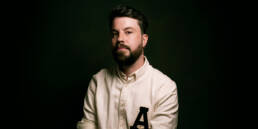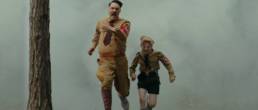
Writers and screenwriters have found common ground in the following statement: adapting a novel into a feature film is a double-edged blade. On one hand, the literary purists (particularly the fans of said novel) will expect adherence to the original story. On the other hand, production companies and movie audiences will expect the source material to be compressed into a digestible format. And even if you’ve ticked all the boxes, chances are there will still be viewers/readers voicing displeasure regarding the end result.
Taking a story from the pages of a book and trimming (or, in some cases, chopping) it into a film that works is no walk in the park. In many cases, the writers work hand in hand with the screenwriters to make sure the essence of the story is not lost along the way. In a few rare instances, the writers don’t get involved and simply sell the film and TV rights to the highest bidder. James Patterson is usually situated among the latter, and it shows. His books are exquisite thriller pieces. The adaptations, however, are less than stellar. Usually, the author will retain credit as an executive producer: it’s one thing to help pen the screenplay and back away from the project, and a whole other thing to stick around and make sure that the production and post-production processes run smoothly, without butchering the source material. Screenwriters can attest to the fact that major changes can be slipped into the story even in the middle of principal photography.
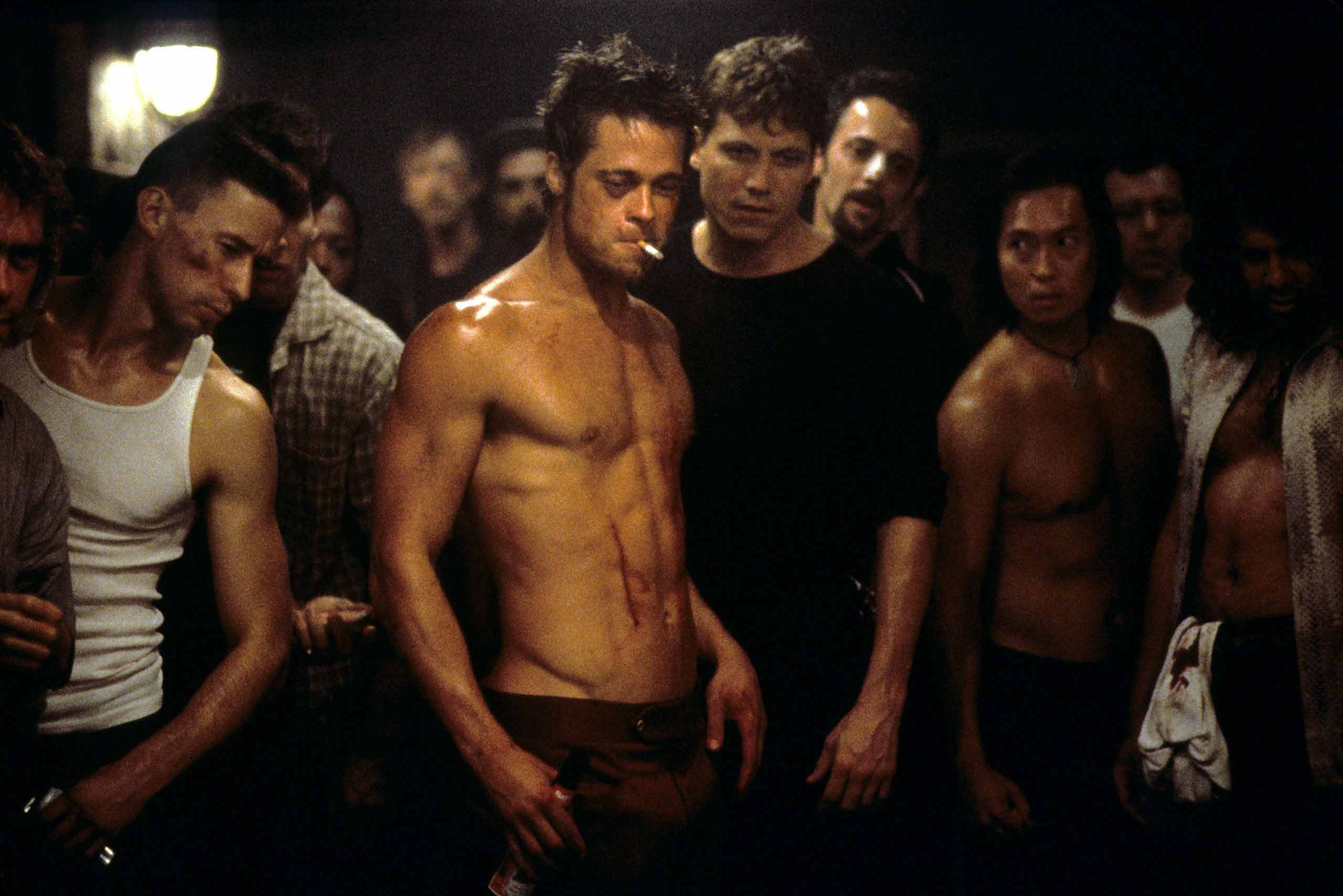 ‘FIGHT CLUB’ (1999), ©FOX 2000 PICTURES
‘FIGHT CLUB’ (1999), ©FOX 2000 PICTURES
Not all adaptations work. Some books simply aren’t meant to be made for the silver screen. I have a hard time seeing anyone take on John Milton’s ‘Paradise Lost’ without getting cancelled halfway into pre-production or fumbling the gargantuan task of transferring the poetry into a screenplay that producers simply cannot put down. The same goes for H.P. Lovecraft’s ‘At the Mountains of Madness’, which is a superb horror masterpiece—to this day, Guillermo del Toro has yet to succeed in getting the project off the ground, mostly due to studio intervention or even budgetary concerns. There are stories that do not belong in the world of cinema.
But of those that do… Well, I could talk about them for hours. I’ll settle on five that truly stand out for me, not only as masterful adaptations but also as splendid feature films that took the original story to a whole new level.
‘Stand by Me’
Written by Raynold Gideon and directed by Rob Reiner, ‘Stand by Me’ (1986) is one of the best coming-of-age stories to ever grace the silver screen. It was based on Stephen King’s novella, aptly titled ‘The Body’ and included in his 1982 ‘Different Seasons’ collection of short tales.
The film was critically acclaimed, its screenplay was nominated for an Oscar, and it is widely remembered as one of the most wholesome, strange and nostalgic creations out of Hollywood. It is, to this day, an adaptation worthy of praise, and it stands well enough on its own. ‘The Body’ is slightly better, though, mainly because there were precious parts of it that didn’t survive into the movie.
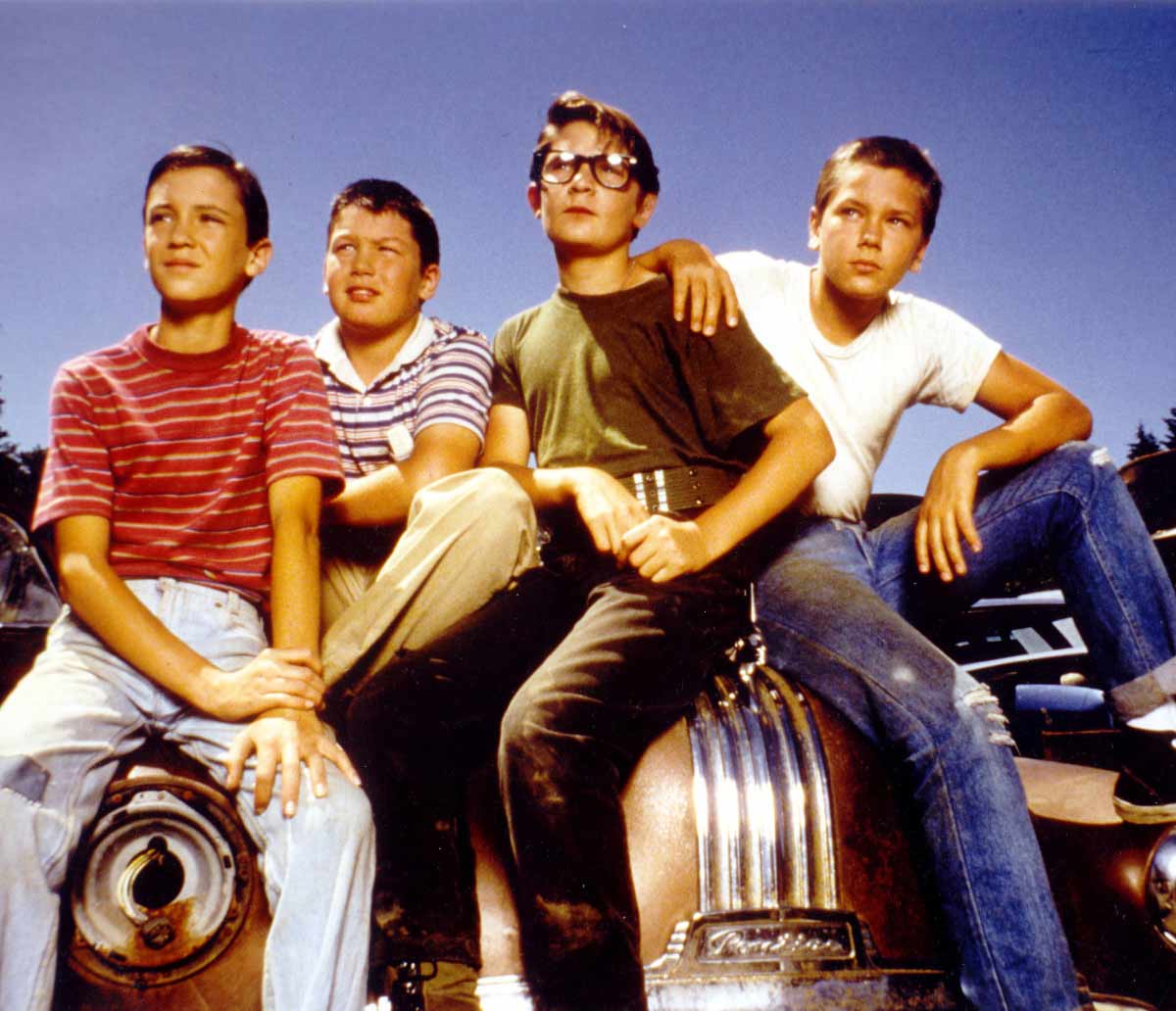 ‘STAND BY ME’ (1986), ©COLUMBIA PICTURES
‘STAND BY ME’ (1986), ©COLUMBIA PICTURES
One memorable scene is when Gordie sees the deer on the train tracks. It is a pure moment that generates some powerful thoughts from adult Gordon as he reminisces about that particular discovery. ‘The most important things are the hardest to say, because words diminish them. It’s hard to make strangers care about the good things in your life’, Stephen King writes in ‘The Body’. Throughout the book, Mr King drops plenty of thoughts and ideas that not only make it a great read, they also make us think about the way our actions can affect the rest of our lives.
‘The Body’ and ‘Stand by Me’ are each exquisite and memorable works that are worth revisiting more than once, but the difference persists in the depth that can be reached in the book—a depth which most films simply fail to capture.
‘True Grit’
Charles Portis’ novel was adapted twice since its publishing as a serial in The Saturday Evening Post, back in 1968. There aren’t many writers who can display a humour as dry as Mr Portis’s in ‘True Grit’, not to mention his other works. If you don’t pay attention, it might fly right over your head. The book is an astounding work of fiction, but the aforementioned sly humour slipped through the cracks with its first adaptation.
In 1969, Henry Hathaway took on the complicated task of telling Mattie Ross’ story for the cinema. Unfortunately, he didn’t quite capture the essence of the book. Marguerite Roberts’ screenplay didn’t retain the jokes despite her devotion to the source material, and Mr Hathaway simply couldn’t pinpoint the snippets of humour that the original writer had injected into the tale. The result, despite starring John Wayne—who also got an Academy Award for his performance, falls rather flat.
‘True Grit’ (1969) is more of a throwback to the westerns of the ‘50s than anything else. A wonderful movie that is worth watching and re-watching, of course, as Mr Wayne is his usual gritty self, and Kim Darby brilliantly plays Mattie Ross, the hard-headed revenge seeker.
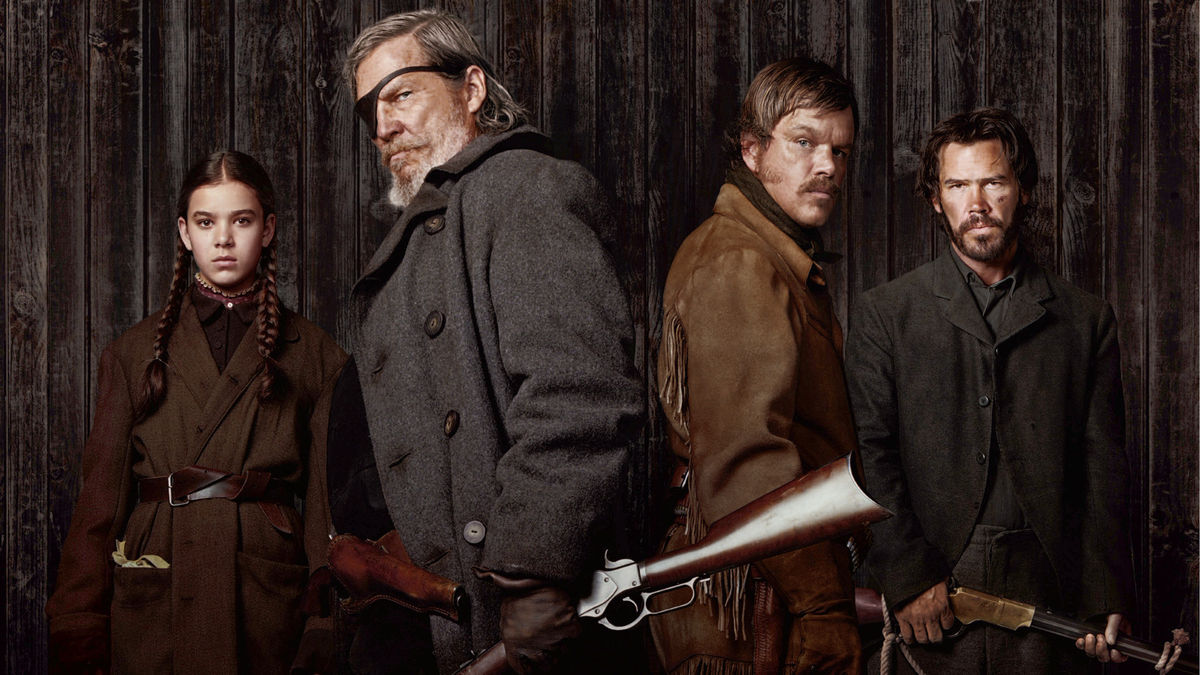 ‘TRUE GRIT’ (2010), ©PARAMOUNT PICTURES
‘TRUE GRIT’ (2010), ©PARAMOUNT PICTURES
‘True Grit’ (2010), written and directed by Joel and Ethan Coen, is a slightly different and more complex affair. Starring Jeff Bridges, Matt Damon and Josh Brolin, this second adaptation of Mr Portis’s novel is remarkable, though it also fails to capture the original’s spirit. The writing is sterling, to say the least, and the Coens are masters of their craft, but something still doesn’t stick.
Both versions were true to the novel in different ways and always a pleasure to watch, but neither is able to bring forth what makes ‘True Grit’ special and impossible to put down.
‘The Big Sleep’
Raymond Chandler is the uncontested champion of noir crime. His books are works of literary art and have changed the way in which we think of detective stories. ‘The Big Sleep’, considered a masterpiece of its genre, is noted for its complexity and the way in which its characters double-cross each other. Most recently, it was included in Time magazine’s ‘List of the 100 Best Novels’.
So, naturally, expectations for its movie version were high. In 1946, Howard Hawks, better known for ‘Scarface’ (1932), ‘Bringing Up Baby’ (1938), and ‘His Girl Friday’ (1940), took Raymond Chandler’s book to a different level. ‘The Big Sleep’ (1946) brought Humphrey Bogart and Lauren Bacall together on the silver screen. Their sizzling dynamic is downright mesmerizing and impossible to forget.
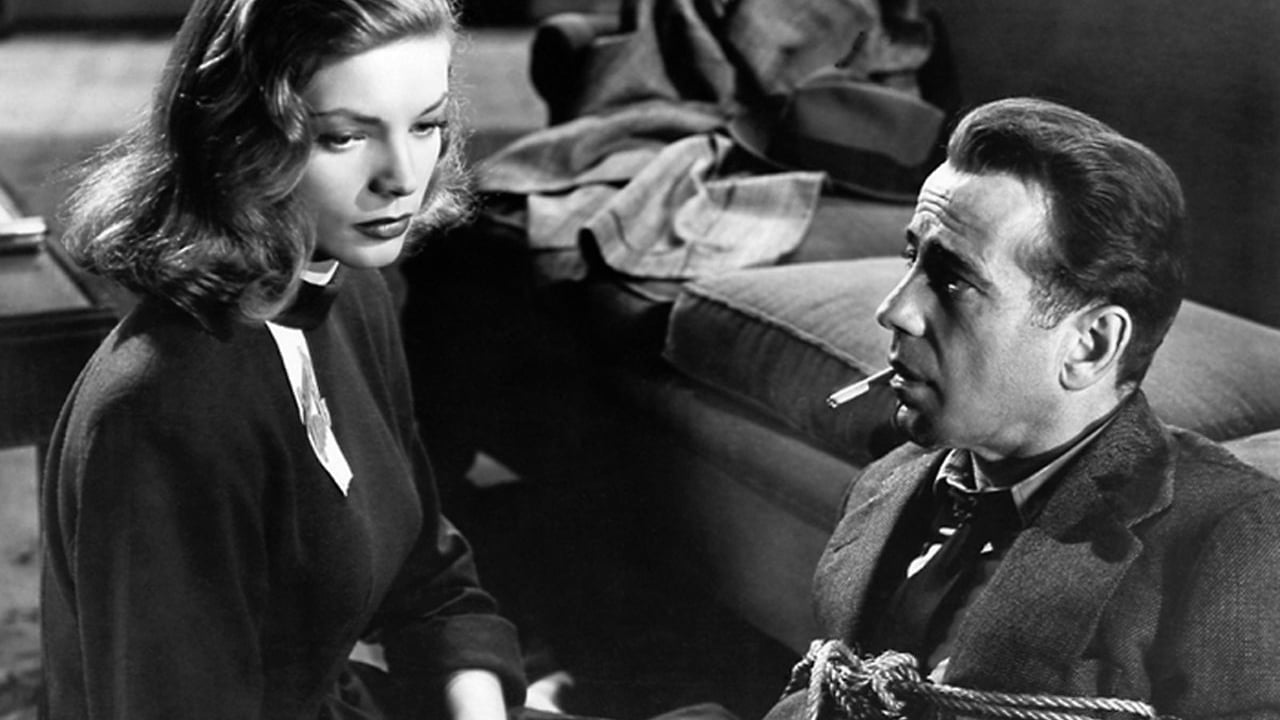 ‘THE BIG SLEEP’ (1946), ©WARNER BROS.
‘THE BIG SLEEP’ (1946), ©WARNER BROS.
William Faulkner and Leigh Brackett penned the script, doing justice to Mr Chandler’s original work. In fact, the author was so pleased with the film, he once noted that Hawks’ version shows ‘what can be done with this sort of story by a director with the gift of atmosphere and the requisite touch of hidden sadism.’ Truth be told, the mixture of highly commercial genre and sharply individual intelligence delivers an endless fascination, which is why Howard Hawks’ vision was compatible with Raymond Chandler’s writing. In this case, the book and the adaptation are equally tremendous, each carrying their own artistic glory for slightly different reasons.
The former is intense and hardboiled, an incisive study of human nature, while the latter is rife with timeless magnetism, most of it due to the enhancement of Lauren Bacall’s character, Vivian.
‘The Big Sleep’ (1978) was Robert Mitchum’s take on Mr Chandler’s novel, starring Robert Mitchum and Sarah Miles. It was nowhere near as good as Hawks’ version, mainly because the story was transplanted into England and most of the story’s original nuance was lost along the way. Despite its many redeeming qualities, the second adaptation fails to even approach the first’s degree of excellence.
‘No Country for Old Men’
Cormac McCarthy is one of the world’s greatest writers, at least in my humble opinion. His hallucinating narrative style put his fifth novel, ‘Blood Meridian’, on Time magazine’s list of the 100 best English-language books in 2005. ‘All the Pretty Horses’ earned him a National Book Award, and ‘The Road’ won the Pulitzer Prize in 2007. ‘No Country for Old Men’ stands apart from the other nine titles he has so graciously given us, mainly because it was originally written as a screenplay and thus carries a simpler style.
Joel and Ethan Coen also stand apart for their ability to transform marvellous books into equally marvellous works of cinema. With ‘No Country for Old Men’ (2007), their adaptation of Mr McCarthy’s violently beautiful novel, the story is given a distinctive tang. Usually, the process of cropping a book for the screen leads to leaving a lot out from the source material, mainly due to the structural incompatibility between the two mediums.
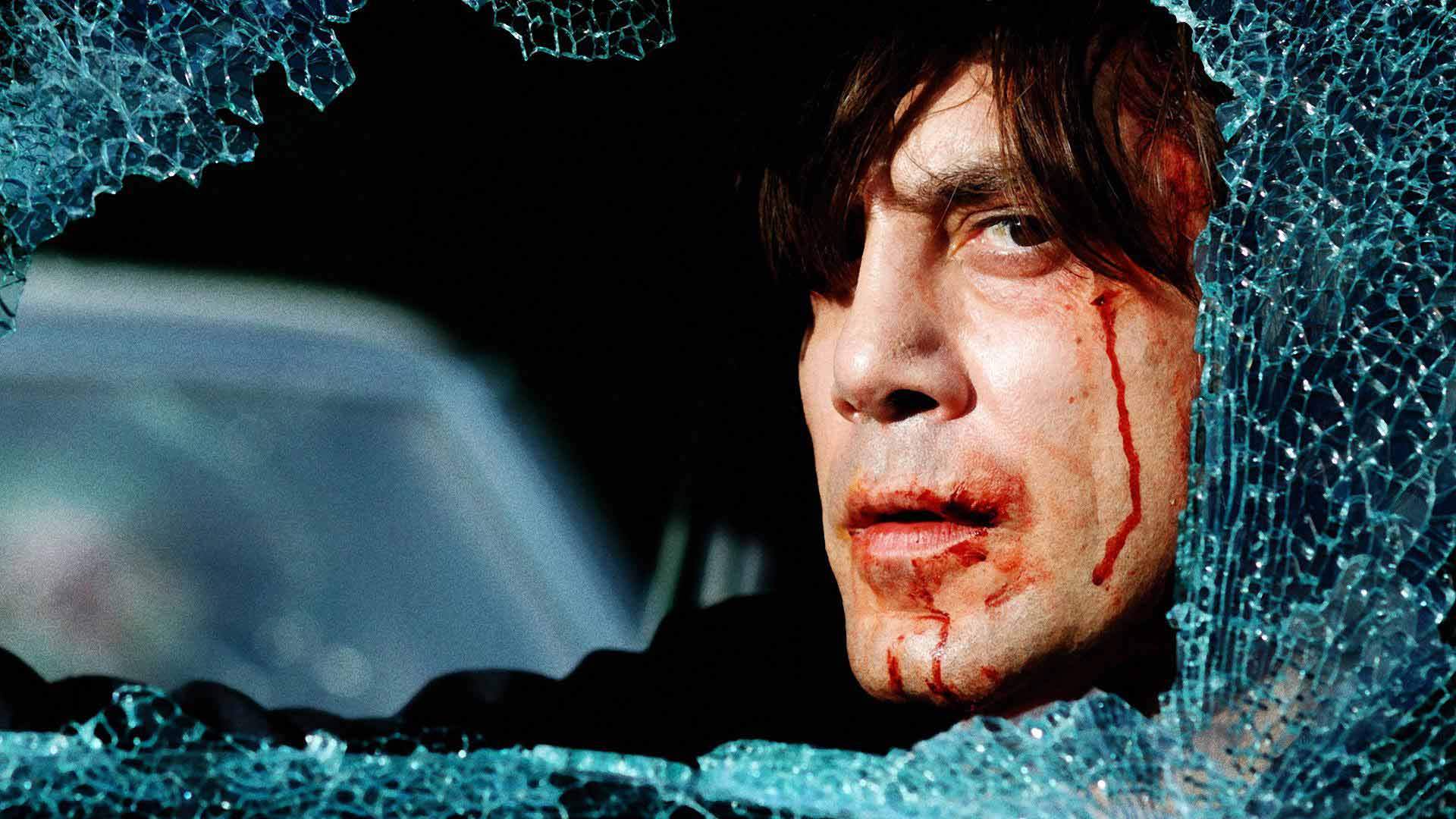 ‘NO COUNTRY FOR OLD MEN’ (2007), ©PARAMOUNT VANTAGE/MIRAMAX
‘NO COUNTRY FOR OLD MEN’ (2007), ©PARAMOUNT VANTAGE/MIRAMAX
But with ‘No Country for Old Men’, the exact opposite happened. The Coen Brothers change very little. The beat and the tone, the twists and the turns—everything that made the book so enthralling is faithfully and splendidly conveyed in the movie. Featuring first-class performances from Tommy Lee Jones, Josh Brolin, and Javier Bardem, ‘No County for Old Men’ won four Academy Awards, including the grand prize for Best Motion Picture of the Year, all well deserved.
‘Jojo Rabbit’
There were plenty of other household names that would’ve looked just as nice alongside the above. Edith Wharton’s ‘The Age of Innocence’ and Chuck Palahniuk’s ‘Fight Club’ come to mind. But given Taika Waititi’s historic Academy Award win this year, I decided that ‘Jojo Rabbit’ (2019) deserves to sit amongst the giants of incredibly good book-to-screen gems.
Adaptation is, by its nature, a transformative process. Changes must be made in order for the story to work on the big screen. Most readers will judge an adaptation by its fidelity to the original, which isn’t always a good avenue of objective critique. It’s actually deeply subjective. But Mr Waititi’s accomplishment with Christine Leunens’ ‘Caging Skies’ manages to stand out without galvanizing or upsetting fans of the book.
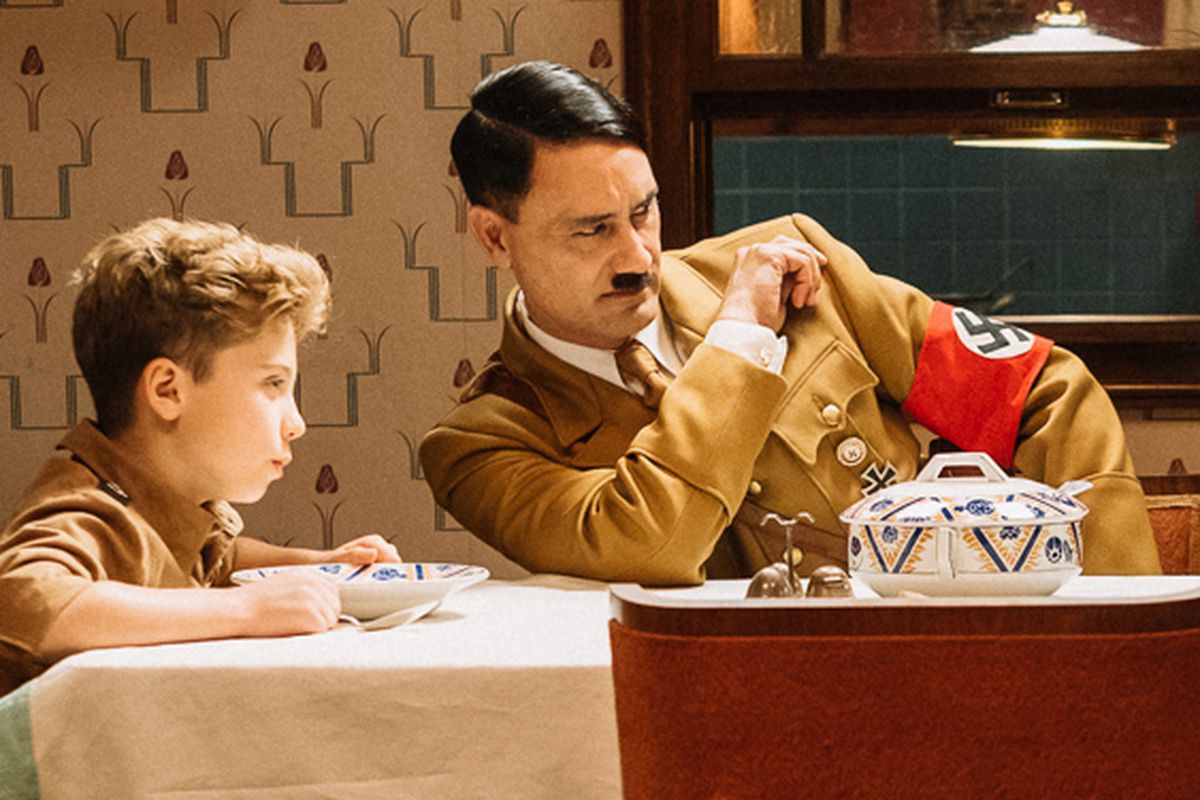 ‘JOJO RABBIT’ (2019), ©TSG ENTERTAINMENT
‘JOJO RABBIT’ (2019), ©TSG ENTERTAINMENT
Even though the U.S. version’s jacket describes Ms Leunens’ work as ‘darkly comic’, it’s actually difficult to consider ‘Caging Skies’ funny in any way. It is bleak and heart-breaking, and certainly not what is brought to life through Mr Waititi’s screenwriting, or the outstanding performances of Scarlett Johansson, Sam Rockwell, Rebel Wilson, or Roman Griffin Davis. Hell, Taika Waititi’s half-witted Hitler proves the impossible—that a Nazi story can be made into a deliciously weird but triumphant comedy.
At its core and despite its WWII setting, ‘Jojo Rabbit’ is a whimsical coming-of-age tale that follows a deeply indoctrinated Nazi boy as he begins to understand that the world he’s been brainwashed into believing is right is, in fact, horribly wrong. ‘Jojo Rabbit’ merely follows a similar path to ‘Caging Skies’ in broad strokes, at most. It has left behind significant parts of the book, focusing more on wrapping the tragedies of that era in delicious layers of ridicule. The end result, however, is a cinematic masterpiece and vivid satire that will leave us smiling and with a shattered heart, all at once.
Jules R. Simion
Jules is a writer, screenwriter, and lover of all things cinematic. She has spent most of her adult life crafting stories and watching films, both feature-length and shorts. Jules enjoys peeling away at the layers of each production, from screenplay to post-production, in order to reveal what truly makes the story work.
An Interview with Anna Drubich
Anna Drubich is a Russian-born composer of both concert and film music, and has studied across…
A Conversation with Adam Janota Bzowski
Adam Janota Bzowski is a London-based composer and sound designer who has been working in film and…
Interview: Rebekka Karijord on the Process of Scoring Songs of Earth
Songs of Earth is Margreth Olin’s critically acclaimed nature documentary which is both an intimate…
Don't miss out
Cinematic stories delivered straight to your inbox.
Ridiculously Effective PR & Marketing
Wolkh is a full-service creative agency specialising in PR, Marketing and Branding for Film, TV, Interactive Entertainment and Performing Arts.

